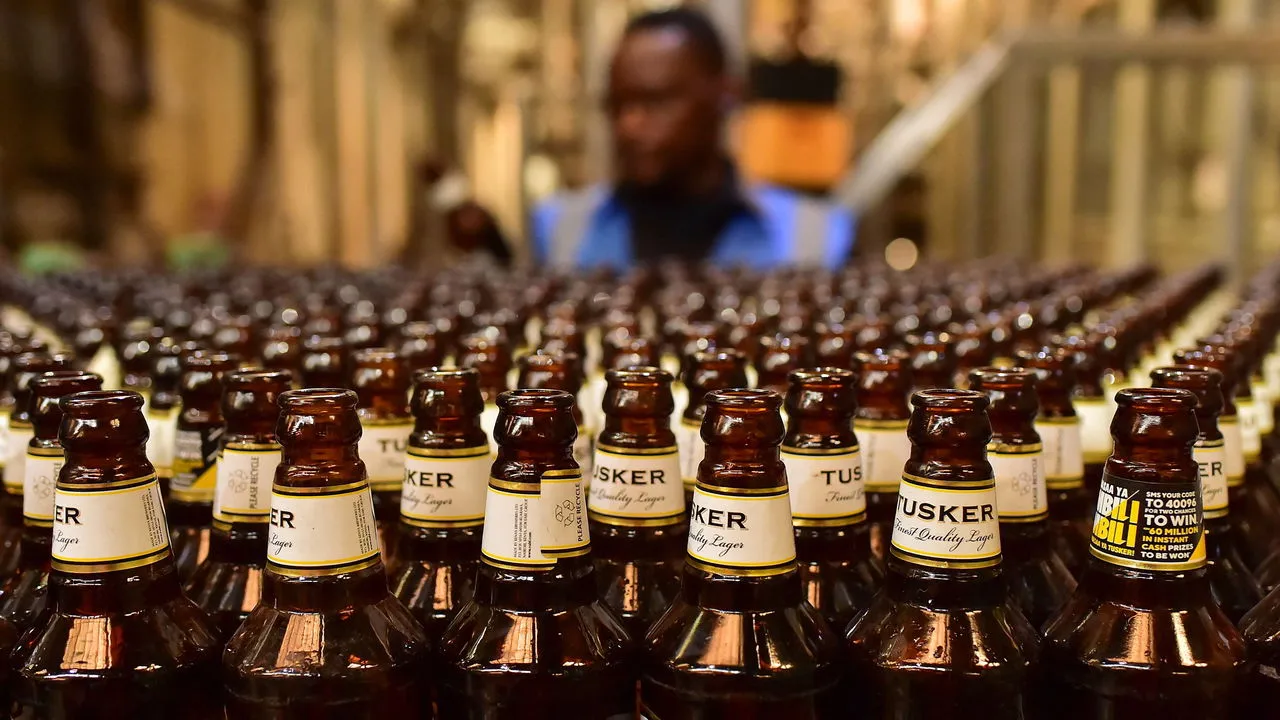Kenya is facing growing controversy over sweeping new proposals aimed at curbing alcohol consumption, including raising the legal drinking age from 18 to 21 and banning the sale of alcohol in supermarkets, restaurants, public transport, and through online platforms. The draft policy, unveiled by the National Authority for the Campaign Against Alcohol and Drug Abuse (Nacada), also seeks to outlaw home deliveries and celebrity endorsements of alcoholic beverages.
Authorities argue the measures are necessary to combat rising substance abuse, particularly among youth, with Nacada estimating in 2022 that one in every 20 Kenyans aged 15 to 65 is addicted to alcohol. If approved, alcohol would only be available in licensed pubs, bars, and specialty liquor shops, making it one of Kenya’s most restrictive alcohol policies to date.
However, the proposals have triggered backlash from traders, manufacturers, and members of the public, who warn that the regulations could devastate the economy and push consumers toward the illicit alcohol market. The Alcoholic Beverage Association of Kenya (ABAK) condemned the plan as “exclusionary” and “unrealistic,” saying manufacturers were not consulted despite their critical role in the industry.
Prominent lawyer Donald Kipkorir warned on X that banning alcohol sales in supermarkets, restaurants, recreational facilities, and petrol stations would “kill the hospitality sector in Kenya,” stressing that tourism thrives on experiences that include food, drinks, and entertainment. Industry players argue the proposals could lead to massive job losses, affect Kenya’s tourism sector, and undermine legitimate businesses while failing to address the root causes of alcohol abuse.
Following the uproar, Nacada clarified that the policy is a “road map, not an enforcement issue,” emphasizing that any legal changes would undergo extensive reviews with input from stakeholders. The agency maintains that tackling alcohol abuse is crucial for public health, as Kenya continues to face cases of deaths from illicit and unsafe brews.
Kenya has attempted to regulate alcohol consumption in the past, including a 2023 proposal by then-Deputy President Rigathi Gachagua to limit each town to a single pub in the central region, which was eventually abandoned after resistance from bar owners and local businesses.
As public consultations continue, the debate highlights the delicate balance between protecting public health and sustaining economic sectors such as hospitality, tourism, and manufacturing that heavily rely on alcohol sales.














Leave a comment